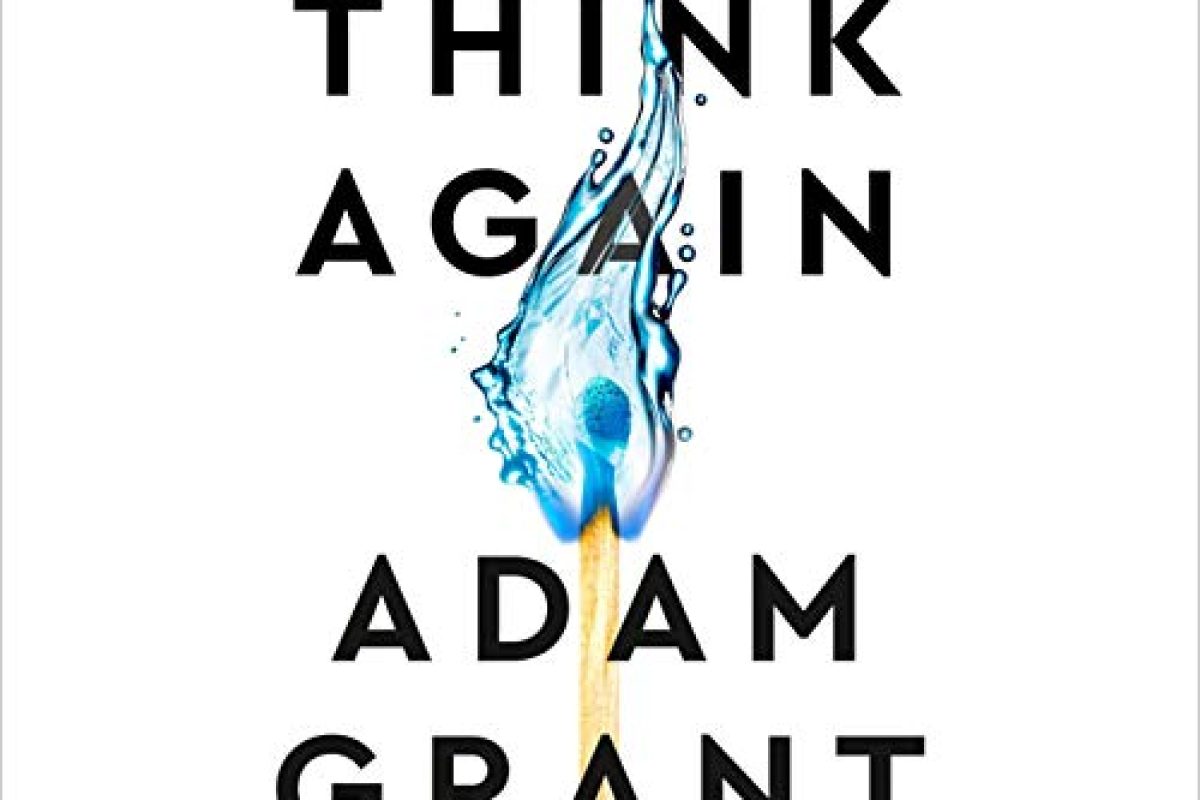n “Think Again: The Power of Knowing What You Don’t Know,” organizational psychologist Adam Grant challenges readers to question their beliefs, re-evaluate their opinions, and embrace the uncertainty of not knowing. In an era marked by deep divisions and entrenched ideologies, the book comes as a refreshing call for intellectual humility and flexibility.
Grant employs a multitude of anecdotes, studies, and real-life examples to illustrate the dangers of cognitive rigidity, presenting cases where an unwillingness to change one’s mind led to detrimental results. Conversely, he offers inspiring examples of individuals and organizations that have thrived precisely because of their willingness to reconsider and adapt. These narratives serve not only as cautionary tales but also as road maps to better decision-making and problem-solving.
The book is divided into various sections that explore how to ‘think again’ in different contexts—conversations, careers, and even communities. One of its most compelling elements is its actionable advice. Grant offers techniques for detaching oneself from firmly held beliefs, for fostering an environment that encourages diversity of thought, and for implementing change when it becomes evident that change is needed. Whether you’re a leader looking to drive innovation, a professional aiming to excel in your career, or simply someone interested in personal development, the strategies provided are both thought-provoking and practical.
However, while the book is rich in content, some readers may find its structure somewhat scattered. The diverse range of examples and studies, though interesting, can occasionally feel like they dilute the central theme. A more streamlined approach might have allowed for deeper dives into specific topics.
In summary, “Think Again” is a potent challenge to our natural inclinations to cling to beliefs and viewpoints, even when they no longer serve us well. Adam Grant has produced an engaging, empirically grounded book that not only elucidates the importance of rethinking and questioning but also provides the tools to do so effectively. For those interested in breaking free from the constraints of conventional wisdom and opening their minds to new possibilities, this book is an essential read.




